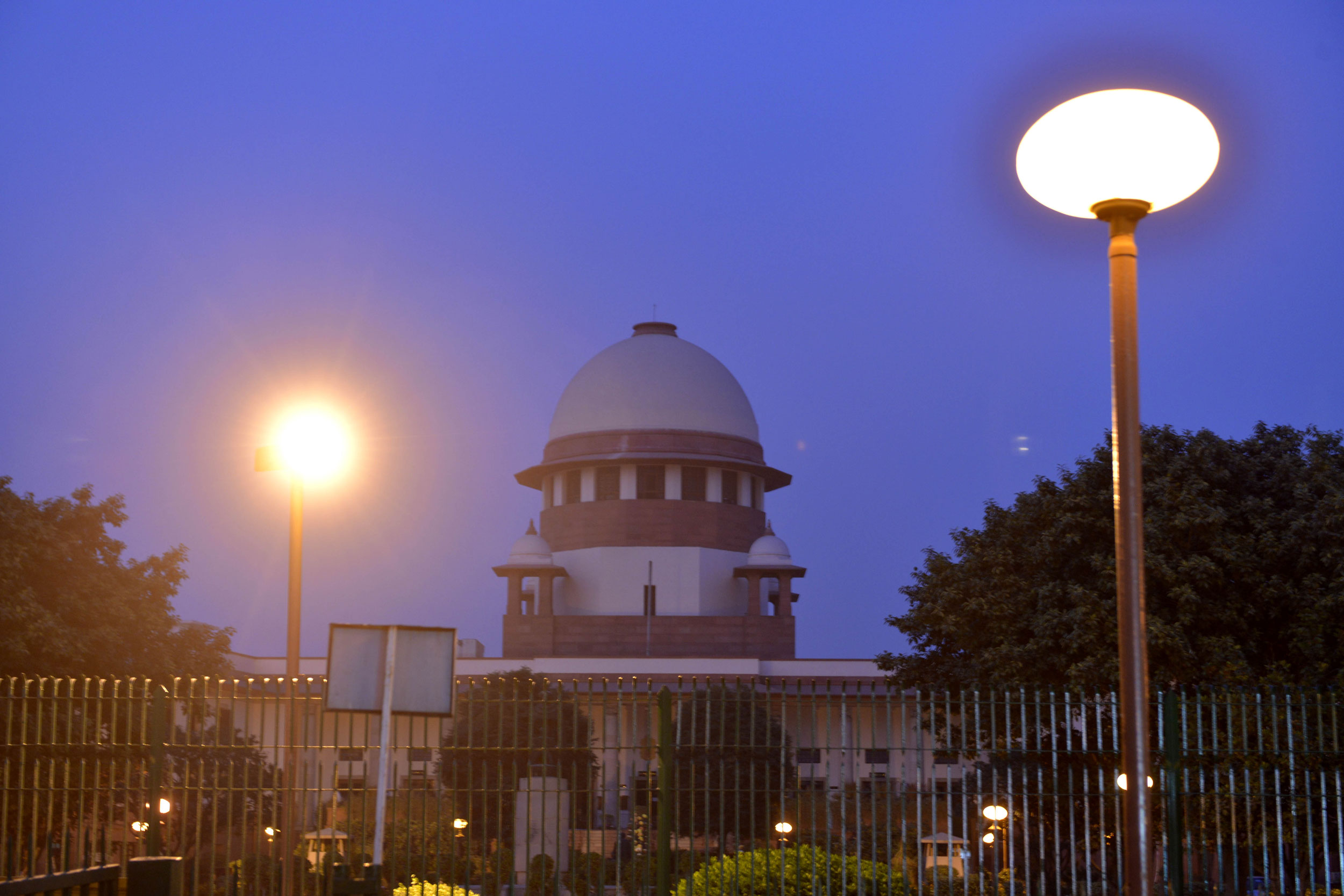Dalmia Bharat plans to punch holes in the judgment delivered by the company appellate tribunal validating a rival bid for bankrupt Binani Cement by litigating at least on four counts when the Supreme Court hears the matter on Monday.
The legal battery appearing for Dalmia is going to draw attention to the fact the improved bid of UltraTech Cement, which was upheld by the company tribunal in Calcutta as well as the appellate body in Delhi, was well beyond the timeline prescribed by the Insolvency & Bankruptcy Code of 2016.
The company will also highlight that UltraTech was an ineligible bidder by falling foul of section 29A of IBC. Moreover, it will argue that the NCLAT judgment transgressed into the domain of committee of creditors on commercial decision, apart from stressing that the principle of equitable treatment for all stakeholders was violated.
The company has written to the resolution professional and CoC not to move ahead with the NCLAT judgment upholding UltraTech’s plan.
Due process & CoC domain
Rajputana Properties, the Dalmia subsidiary that had submitted a plan, was declared the top bidder. However, after creditors finalised the Rajputana plan on March 7, 2018, UltraTech came back with a higher offer on the next day.
The CoC disregarded UltraTech’s “late” bid, approved the Rajputana plan on March 14 and submitted before the NCLT, Calcutta, for approval.
The NCLAT, however, said the CoC did not follow due process by not considering UltraTech’s offer. It said the process document allowed the CoC to amend or modify criteria of the resolution plan or accept or reject any plan before submission.
“The CoC have failed to notice the aforesaid process document” and the provision of the I&B Code. Only considering one of the resolution plans (Rajputana) and ignoring the others, including that of UltraTech, which were in consonance with section 30(2) for the purpose of negotiation and for maximisation of asset value. Non-application of mind by the CoC and discriminatory behaviour in approving the plan submitted by Rajputana is apparent,” the judgment read.
Dalmia is likely to argue that the stance taken by the NCLAT does not follow IBC timelines laid down by the Supreme Court in a judgment in the Essar Steel case.
It will also argue that commercial decision is a domain of the CoC and both the tribunals infringed upon it when they set aside the March 14 decision approving Dalmia’s Rs 6,932.4-crore plan. The CoC took up UltraTech’s Rs 7,950.34-crore plan after being directed by the NCLT.
Section 29A
The appeal will draw the apex court’s attention that the NCLAT paid little heed to the argument made by Dalmia regarding UltraTech’s ineligibility under section 29A of the IBC. After Rajputana’s plan was submitted, UltraTech decided to back Binani promoter’s plan to pay off all creditors and take it out of the IBC. Dalmia argued UltraTech is ineligible for acting in concert with Binani’s defaulting promoter.
Equitable treatment
The NCLAT upheld UltraTech’s offer as it was found to be taking care of all stakeholders — operational and financial creditors — compared to Dalmia, which was paying a pittance to operational creditors. The company will argue the judgment disregarded that the IBC’s governing principle is “equitable” treatment and not “identical or equal” treatment of creditors.











